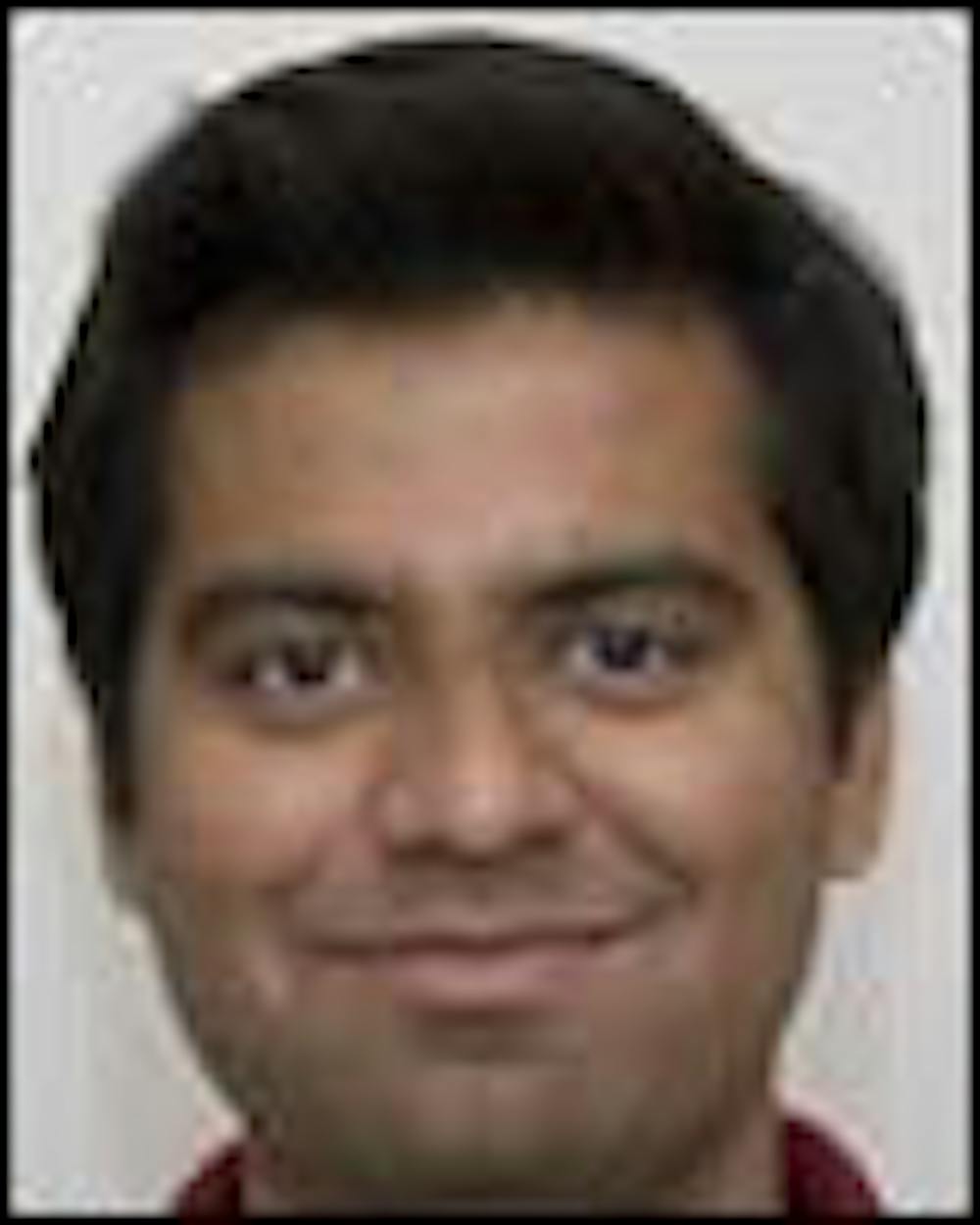Harvard President Lawrence Summers resigned last week. His resignation offers an interesting insight into how academia works and the role played by those that seek to reform it.
Summers started his presidency at Harvard five years ago. He saw some changes that needed to be made and set about his path of reform.
Now Summers is on his way out, after clashing with Harvard faculty on multiple occasions.
The president had the right idea coming in. He wished to raise the profile of science and quantitative thinking. He wanted to address undergraduate complaints that they had little or no contact with faculty. Tricky topics like grade inflation did not faze him either.
People for the most part agreed with Summers' ideas. However, Summers is said to have been as subtle as a sledgehammer in his execution of those ideas.
He once so intensely cross-examined his own favored candidate to head the School of Education that the candidate almost withdrew.
He also once privately asked an African American faculty member to churn out more scholarship instead of rap albums. The faculty member was Cornel West, who happened to be one of Harvard's most celebrated (and spoiled) scholars. What Summers construed to be constructive criticism seemed like an insult to West. West quit Harvard and moved to Princeton.
Summers dug his own grave when his poorly worded speech seemed to suggest to an audience last year that women possibly don't have the "intrinsic skill" to excel in math and science. Subsequently, Summers apologized in every way, but he could not calm the furor that ensued.
On the outset, this seems like one presidency gone wrong. However, this chain of events explains the machinations of academia in great detail.
First, academic institutions have their own subcultures that sometimes override the communities that contain the institutions. Especially prestigious schools like Harvard take pride in the continuity of things as they are. Anyone wanting to institute change becomes an immediate apostate. Because he paid no heed to precedent, Summers could not survive as president.
Summers' case is in stark contrast to our university. ASU is transitioning from being an affordable state school to a pricey research institute where classes are also conducted.
President Crow is getting away with such a dramatic change because our university has not had deep traditions or a unique identity. All we had was our utilitarian approach to education and our misbegotten reputation as a party school.
This made it easier for Crow to force his ideas upon an audience that had nothing to compare his ideas with. Having picked his battle shrewdly, Crow is definitely a smarter politician than Summers proved to be.
There is also something to be said about faculty attitudes in this case as well. A lot of professors in larger schools live in a world that consists of their research area, with teaching somewhere on the periphery. They tend to spend so much time researching that they are at times estranged from the rest of the world.
Some are even insecure about their ability to survive outside academia. They see the university as their secure cocoon from a competitive and materialistic outside.
In the minds of some non-academics, Aesop was describing academia when he said, "After all is said and done, more is said than done."
Unsurprisingly, the powerful but insecure Faculty of Arts and Sciences at Harvard was instrumental in the change-obsessed Summers getting the chills.
The Summers episode could be a harbinger to academia sliding into inactivity.
Nishant is a computer sciences graduate student. If you want him to resign,Reach the reporter at Nishant.bhajari@asu.edu.




